Three more short reviews that were originally published on my Instagram.
Patrick Modiano, Villa Triste (1975)
Translated from the French by John Cullen (2016)
A few years ago, I enjoyed reading three of Patrick Modiano’s novels. When I mentioned one of them in a recommendation series on Instagram, I had a hankering to read him again. So I took Villa Triste down from the shelf, and experienced a welcome return to Modiano’s world.
Modiano’s narrator looks back on his life age 18, at the time of the Algerian War in the early 1960s. Apparently seeking to dodge the draft, he flees to a lakeside town on the Swiss border. Calling himself Count Victor Chmara, he meets the fabulous young actress Yvonne, and her exuberant doctor friend René. Victor joins in with their golden social life, but of course nothing lasts forever.
There are themes typical of Modiano here: the elusive past, and the fragility of memory. Yvonne and René have their secrets as much as Victor, which means that happy-go-lucky life could dissolve as quickly as it began.
Published by Daunt Books Publishing.
Monique Roffey, The Mermaid of Black Conch (2020)
In 1976, Aycayia, a mermaid, appears off the shore of St Constance on the Caribbean island of Black Conch. She is captured by a group of visiting American fishermen, and left on the dock. A local man, David Baptiste, rescues Aycayia and hides her at his home. She begins to change back into a woman, and suddenly both she and David find themselves living new lives.
Monique Roffey’s (author of Archipelago) new novel is told in a mixture of voices: standard third-person narration; the dialect of David’s journal, looking back forty years later; the poetry of Aycayia’s own voice. It’s compelling stuff, and there are some really affecting moments, such as Aycayia and a deaf boy finding a connection through sign language. But nothing lasts forever, and a bittersweet ending waits in the wings.
Published by Peepal Tree Press.
David Foenkinos, The Mystery of Henri Pick (2016)
Translated from the French by Sam Taylor (2020)
Over the last few years, I’ve become a big fan of Walter Presents, Channel 4’s streaming service for world drama. I’ve come across many an enjoyable show on there, and appreciate the fact that it’s curated – like a good bookshop.
Now, the curator of Walter Presents, Walter Iuzzolino, is branching out into books, selecting a series of titles to be published in translation by Pushkin Press. The first is this charming French literary mystery.
In the Breton town of Crozon is a library of rejected manuscripts, each left there by its author. A young editor persuades her publishing house to take on a lost book that she finds in the library – and it becomes a bestseller. The author is apparently the late Henri Pick, a pizza chef who, by all accounts, had no literary leanings whatsoever. Did he really write the book, or is there some other explanation?
Reading The Mystery of Henri Pick is like going on a scenic tour of the countryside, with diversions down interesting byways. It pokes gentle fun at ideas of literary celebrity, but most of all it’s enjoyable to read.
Like this:
Like Loading...
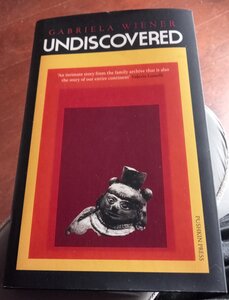

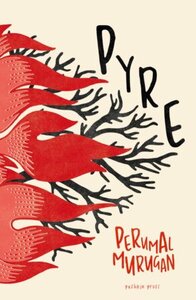


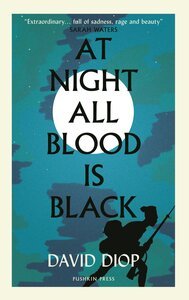
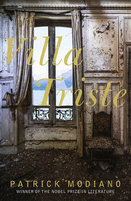
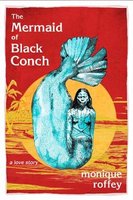

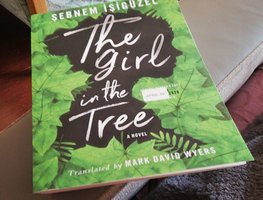
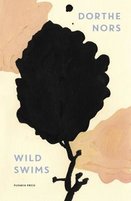

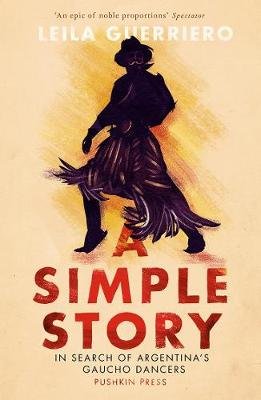
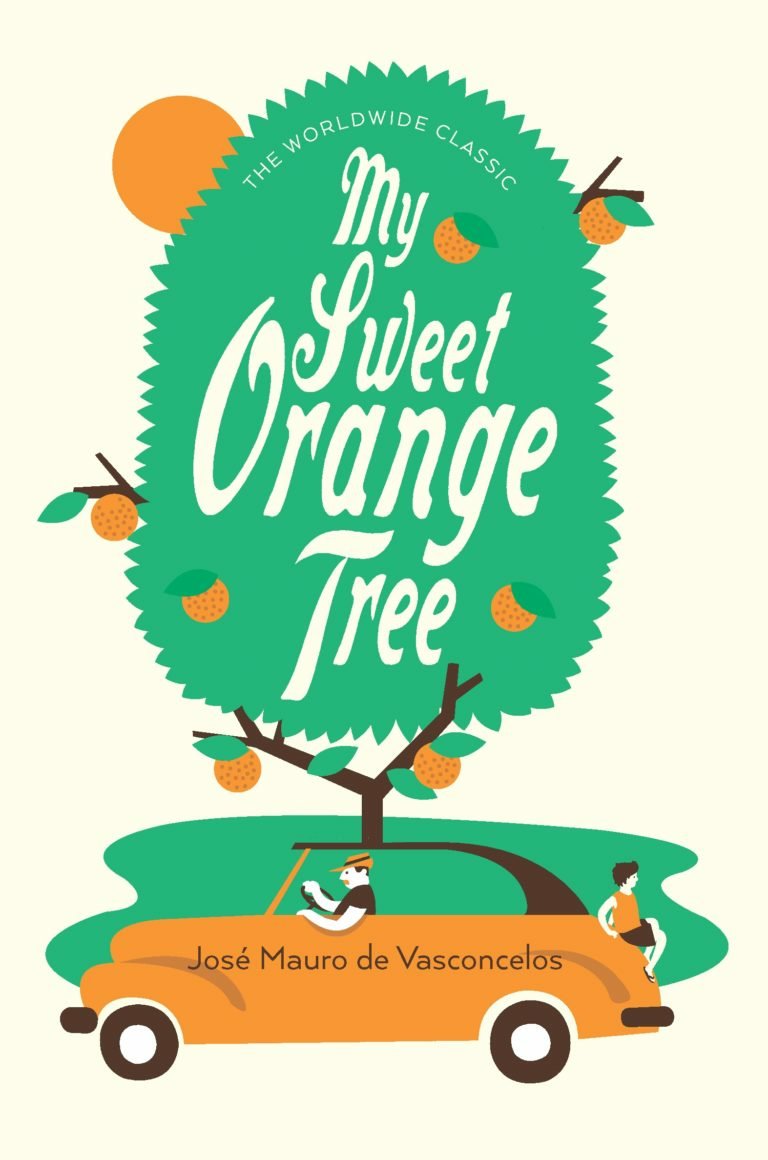
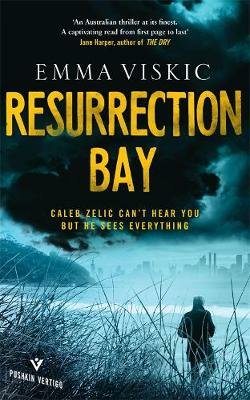
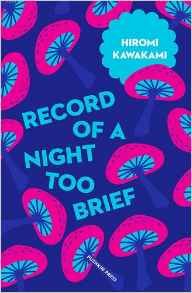
Recent Comments